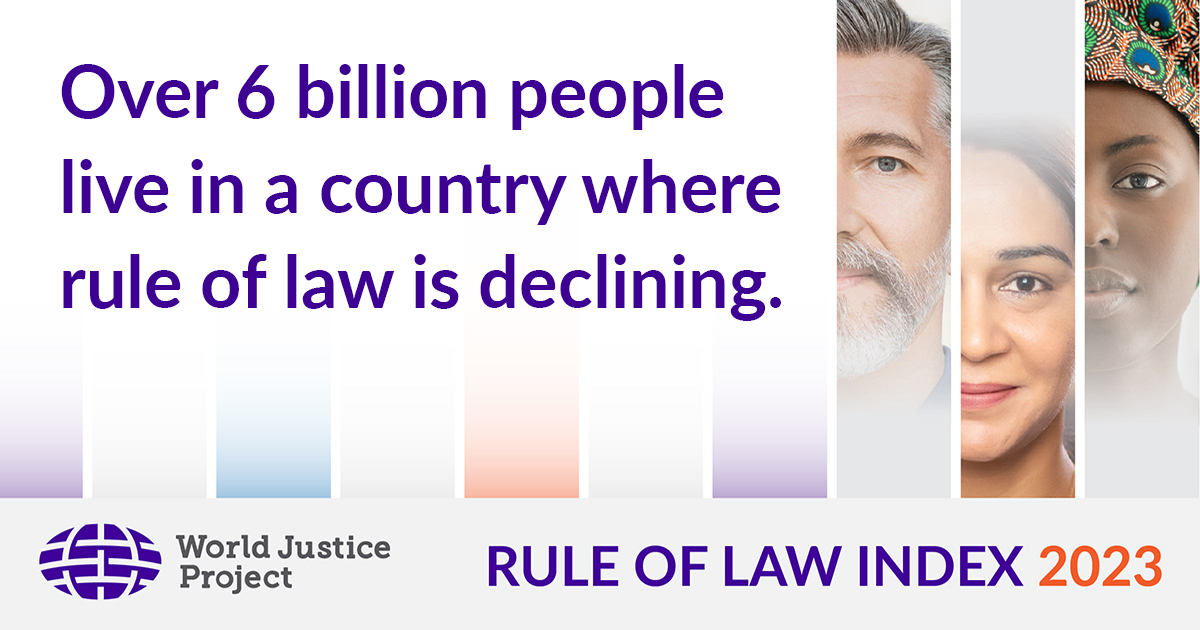LeGenD
MODERATOR

- Joined
- Aug 28, 2006
- Messages
- 15,813
- Reaction score
- 162
- Country
- Location
I wanted to write this for a long time but was a bit afraid of reaction from the readers. But now after observing what's happening to Pakistan lately, I cannot wait any longer. So lets start:
1) Economy
No nation can survive without building sustainable economy. State of Pakistan failed to do just that. Since its inception it has not tried to build competitive industries to make goods for exports. Until Dhaka fall in 1971 majority of Pakistan's exports was jute and since then garment products. That's just not enough to cover import bill for a nation that has no check on its growing population. Since early 90s Pakistan's productivity and thus exports has been consistently falling against its regional peers.
View attachment 843261View attachment 843262
Putting the country on sustainable growth path is responsibility of the state not govt, as govts come and go but state is always there. So the state of Pakistan has clearly failed to fulfill its basic responsibility of putting together a sustainable economy and entire nation is paying its price through ever lasting inflation and other economic crisis that never go away.
2) Judiciary
No nation can survive without a functioning justice system. Recently it was revealed that Pakistan came at 130th place out of 139 in adherence to rule of law.

WJP Rule of Law Index
Explore rule of law rankings for 142 countries in the WJP Rule of Law Indexworldjusticeproject.org
It is responsibility of the state to provide equal justice for all. And considering above ranking and daily pathetic verdicts from Pakistani courts, it is clear as daylight that the state has failed to fulfill its basic responsibility in justice area as well.
3) Politics
No nation can survive without a stable political system. Unfortunately for Pakistan its entire history has been marred in political instability. Military coups, judicial coups, dynastic coups that's how you sum up entire political history of Pakistan. It's responsibility of the state to conduct free and fair elections, follow people's mandate as enshrined in constitution, and ensure the political system's continuity. Clearly the state of Pakistan has failed in all three.
Pakistan eighth least democratic place in the world: report
NEW YORK: Pakistan was placed at eighth place in the category of world’s least democratic places, according to the Economist Intelligence Unit’s Democracy Index 2021.According to...www.thenews.com.pk
Conclusion:
As you can see the failure of Pakistan is not economic, judicial or political. It's a state failure. Pakistanis must reform their state structure to fix rest of the mess. Good luck!
This is informative, mature and introspective contribution. I have given you positive rating to encourage you.








